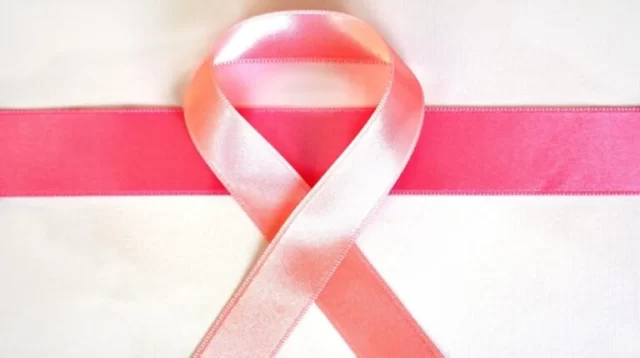Breast cancer is a condition that happens due to the uncontrolled growth or proliferation of the breast cells. There are various types of breast cancer. Which breast cells develop into cancer determines the type of breast cancer.
Different areas of the breast might give rise to breast cancer. A breast has three essential components: connective tissue, ducts, and lobules. The glands that generate milk are called lobules. Milk travels through tubes called ducts to the nipple. The connective tissue, made up of fatty and fibrous tissue, envelops and holds everything in place. The ducts or lobules are where most breast cancers start.
The lymph vessels and blood vessels are the two ways breast cancer may travel outside the breast. Breast cancer is considered to have metastasized when it expands to other bodily regions.
The Prevalence of Breast Cancer
In the world, breast cancer is the leading cause of cancer in women, other than non-melanoma skin cancer. In the United States, almost more than 250,000 new cases of breast cancer were identified in 2017, and breast cancer will be detected in 12 % of all women in the United States throughout their lifespan.
Types of Breast Cancer
Breast cancer has various types. The involvement of the cell types determines the cancer type. The majority of breast malignancies are carcinomas. Since the tumors begin in the gland cells in the milk ducts or the lobules, adenocarcinomas are the most prevalent types of breast cancer, including ductal carcinoma in situ (DCIS) and invasive carcinoma (milk-producing glands). Angiosarcoma and sarcoma are two other cancer types that may develop in the breast.
Additionally, distinct kinds of proteins or genes each tumor may produce are used to categorize breast tumors. Breast cancer cells are examined for the HER2 gene or protein and estrogen and progesterone receptors after a biopsy. The tumor cells are also examined carefully in the laboratory to determine the tumor stage. The particular proteins discovered and the tumor grade may be used to find out the stage and available treatments.
The following are the common types of breast cancer
- Infiltrating (invasive) ductal carcinoma
- Ductal carcinoma in situ
- Infiltrating (invasive) lobular carcinoma
- Lobular carcinoma in situ
- Triple-negative breast cancer
- Inflammatory breast cancer
- Paget’s disease of the breast
Treatment Options for Breast Cancer
The treatment options for breast cancer include surgery, chemotherapy, radiation therapy, hormone therapy, immunotherapy, and targeted medication therapy. The position and size of the tumor, the outcomes of your laboratory examinations, and if cancer has spread to other regions of your body are just a few of the variables that will determine what’s best for you. Your healthcare professional will adjust your treatment plan to meet your specific requirements. Taking a combination treatment is also common among many breast cancer women.
Hormonal Treatment
Certain kinds of breast cancer use hormones like progesterone and estrogen to promote their growth. Hormone treatment may either reduce estrogen levels in certain situations or prevent estrogen from binding to breast cancer cells. After surgery, medical professionals most often use hormone treatment to lower the possibility of breast cancer recurrence.
Radiation Treatment
After a mastectomy or lumpectomy, radiation treatment for breast cancer is often used to eradicate any leftover cancer cells. Individual metastatic tumors that are hurting or producing other issues may also be treated with it.
Chemotherapy
Before performing a lumpectomy, your doctor may advise chemotherapy for breast cancer in an attempt to reduce the size of the tumor. It’s often administered after surgery to eliminate any cancer cells that may still be present and lower the chance of relapse. Your doctor or surgeon can suggest chemotherapy as your primary cancer treatment has spread from your breast to other body parts.
References
- https://www.cdc.gov/cancer/breast/basic_info/what-is-breast-cancer.htm
- https://www.ncbi.nlm.nih.gov/pmc/articles/PMC5715522/
- https://jamanetwork.com/journals/jama/article-abstract/2721183
- https://www.cancer.org/cancer/breast-cancer/about/what-is-breast-cancer.html
- https://my.clevelandclinic.org/health/diseases/3986-breast-cancer



